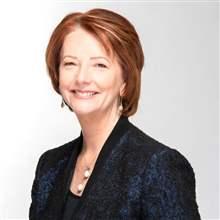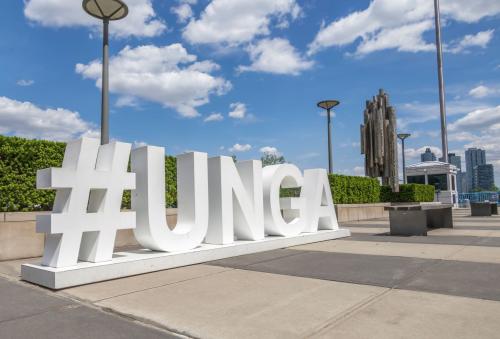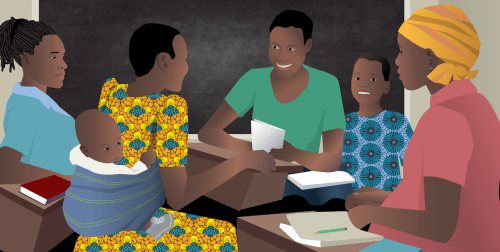

3:30 pm EST - 5:00 pm EST
Past Event
3:30 pm - 5:00 pm EST
1500 New Hampshire Avenue, NW
Washington, DC
Education spending by national governments has increased dramatically over the past decade, but a significant financing gap remains to achieve quality basic education for all. This gap is being filled, in part, by a growing number of non-state actors, including philanthropists, impact investors, corporations, and even individuals. Recognizing shortcomings in the public provision of education and in some cases business opportunities, non-state actors have been expanding their footprint and are both financing and delivering education services in increasingly diverse ways.
On March 5, the Center for Universal Education will host experts from around the world to discuss how non-state actors are engaging in the education sector, particularly in the developing world. After keynote remarks from former Prime Minister of Australia and Brookings Distinguished Fellow Julia Gillard, Brookings Visiting Fellow Tamar Atinc will moderate a panel discussion on how and why some governments have welcomed non-state sector engagement in their education systems while others have seen it as a threat to public education and equitable learning outcomes. The panel will include policymakers and practitioners with experience running education systems, including Angelo Gavrielatos, former federal president of the Australian Education Union, Cecilia Maria Velez, former minister of education for the Republic of Colombia, and Miguel Crispi, adviser to the minister of education in Chile.
After the presentation, the panelists will take questions from the audience.



Emily Gustafsson-Wright, Elyse Painter
September 25, 2024

Brahima Sangafowa Coulibaly, Landry Signé, George Ingram, Priya Vora, Rebecca Winthrop, Caren Grown, Belinda Archibong, Brad Olsen, Jennifer L. O’Donoghue, Sweta Shah, Ghulam Omar Qargha
September 19, 2024

Susan Opok
August 2, 2024